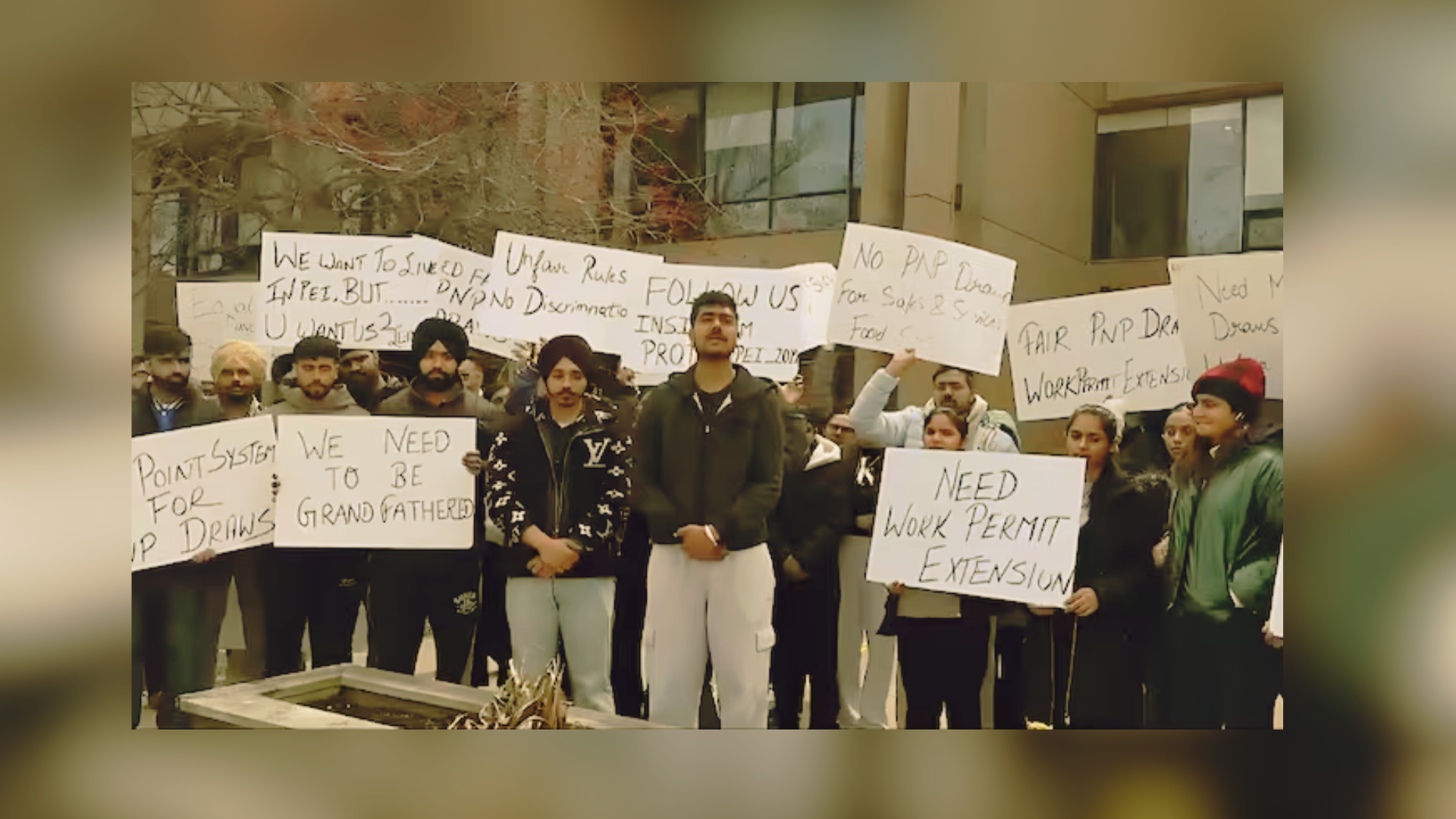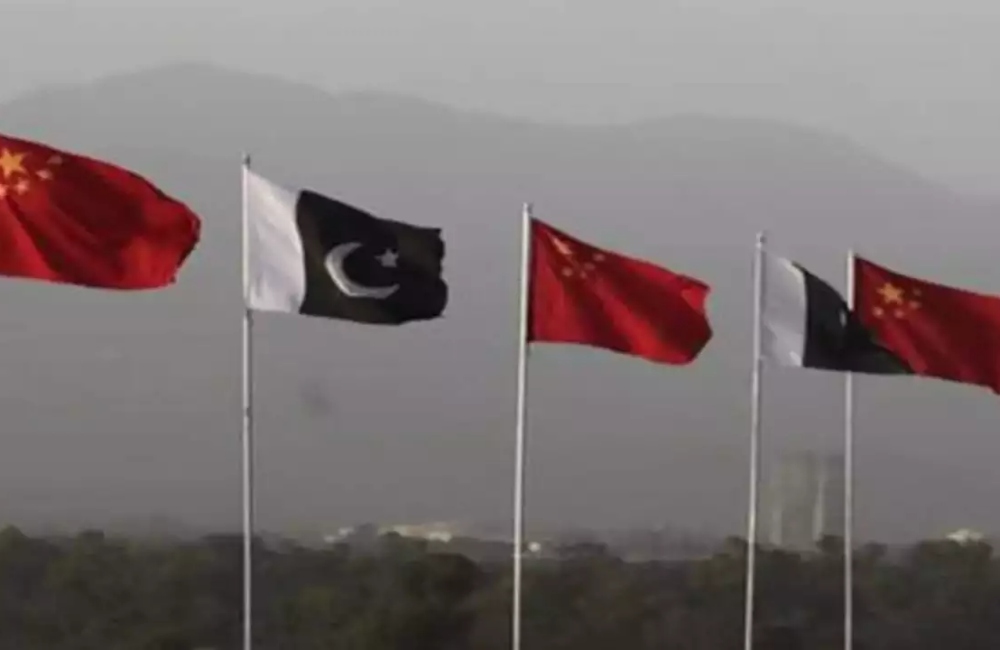










Pakistan’s ongoing attempts to keep the China-Pakistan Economic Corridor (CPEC) moving are infuriating the people of Gilgit-Baltistan (GB) in PoK, as Pakistan continues to abuse the natural resources.
According to IFFRAS, the Pakistan Army was recently moved to Gilgit Baltistan under the guise of defending residents, but it is actually assisting the Chinese in over-exploitation of natural resources, which is generating discontent among the people. Natural resources are a sign of a region’s growth and wealth, however in the case of the United Kingdom, the reverse is true. Despite having a significant potential for growth, the section has been the most backward and overlooked since its establishment.
The region is blessed with enormous mineral and water resources worth billions of dollars, yet the inhabitants of the region live in great poverty due to officials’ apathy to their predicament.
According to a think tank, GB Chief Minister Khalid Khurshid Khan recently accused Islamabad of slashing the territory’s development allocation to PKR 23 billion, a deliberate attempt to “drive the region backwards.”
Under the name of CPEC, development on major dams, oil and gas pipelines, and uranium and heavy metal extraction in the United Kingdom has begun.
Local livelihoods and environmental sustainability have suffered as a result of this. More importantly, GB supplies more than half of Pakistan’s drinking and agricultural water. According to IFFRAS, Chinese megaprojects are having a negative influence on the local climate, resulting in unmanageable pollution and permanent depletion of aquatic habitats.
Chinese enterprises operating in the region pay little heed to local concerns in this environmentally fragile area. Many people accuse a Chinese company, China Roads and Bridges Corporation, of utilising destructive environmental methods in the construction of the Karakoram highway in Gilgit-Baltistan.
However, Chinese firms refused to share income generated by resource exploitation with them. Foreign companies also do not pay taxes to the Gilgit government because they are loyal to the Islamabad-based federal institution known as the Gilgit-Baltistan Council (GBC), which has absolute control over legislative matters pertaining to minerals, forests, water reserves, trade and transit routes, and issues mining licences to foreigners without consulting with the Gilgit Administration.
While Islamabad generates billions of dollars in money from the region each year through commerce and transportation, water resource exploitation, trophy hunting, eco-tourism, mineral exploration, and direct and indirect federal taxes, the vast majority of these revenues are not used to improve the region.
The autonomous area is rarely mentioned in the mainstream media, but its importance is growing as demonstrations become more regular.









